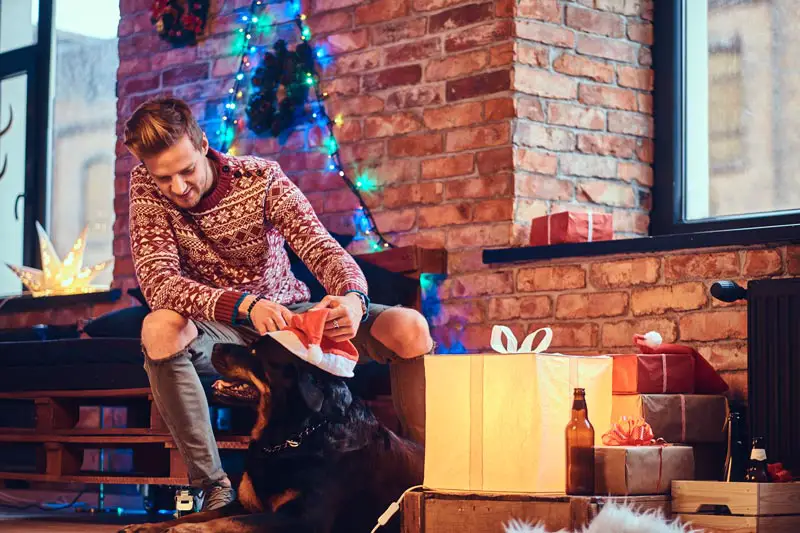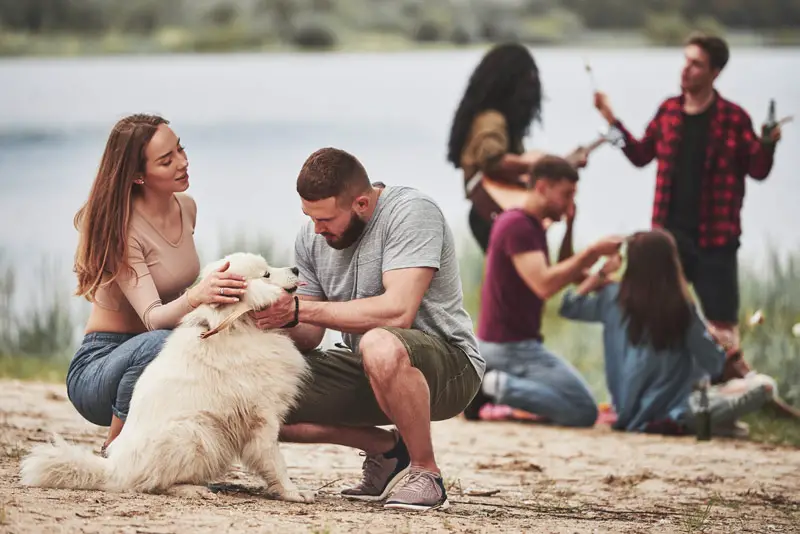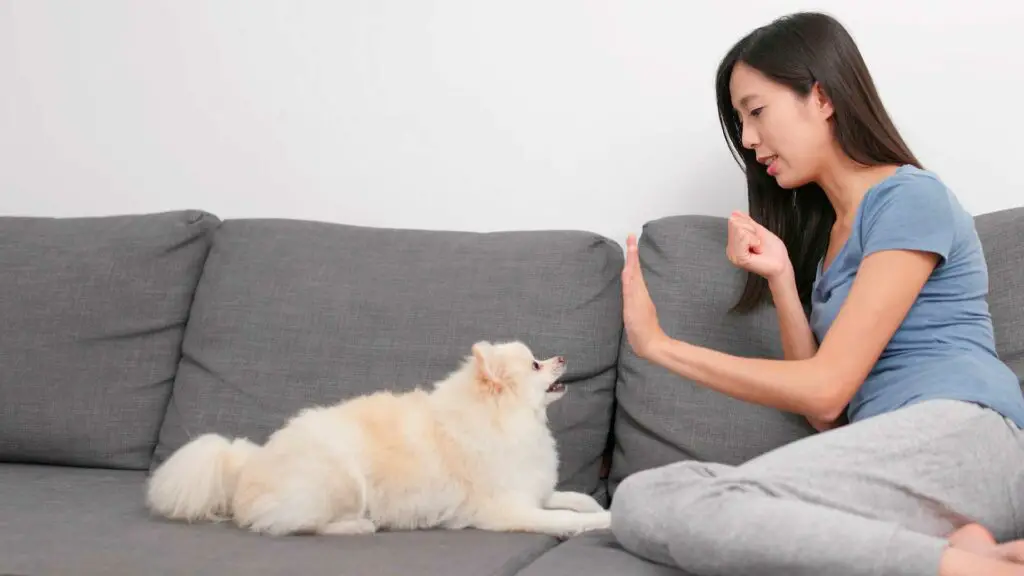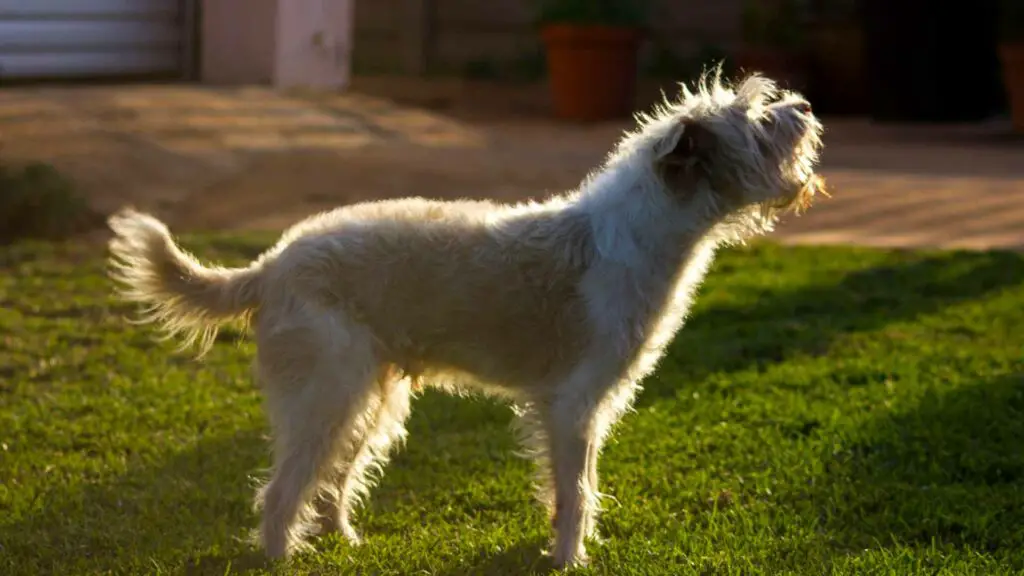Health Problems
Dogs suffering from medical conditions like neurological issues, depression, heart health decline, and several other diseases can follow their master excessively. If you notice a sudden change in their behavior like loss of appetite, lack of sleep, etc., we recommend seeking medical help. Consult your trusted vet for proper medical diagnosis and apt medication. Jumping into your conclusions and self-treatments can do no good whatsoever.
Positive Reinforcement
Knowingly or unknowingly, if you appreciated your puppy somehow while they followed you in the past, this behavior is bound to repeat by them. The reinforcement you showed could be in the form of comforting words, a pat, a belly rub, or tasty food rewards. Your dog will infer this act as making you happy, and they will walk behind you until they have a reason not to.
Seasonal Behavior (Applicable for Female Dogs)
Summer seasons can make dogs extra clingy, especially in the case of females. Spaying the dog to alleviate this situation is an advisable action that can be taken.
For the benefit of our readers who are not aware of spaying, it is a veterinary procedure through which female dogs’ reproductivity is removed. You can choose this option if breeding dogs is not what you want.
Spaying is an excellent way to avoid the dogs’ heat cycle troubles. Always consult a vet before deciding on this surgical procedure. This procedure also has some other advantages like preventing foul odor and helps avoid canine diseases like mammary gland cancers and pyometra.
Ageing
As dogs enter the elderly phase of their lives, they typically start feeling weak and vulnerable. The independent mentality associated with younger dogs can get reduced in old dogs.
Their physical fitness will start to wear off with weaker eyesight, muscles, and joints. This tired state will prompt them to seek your support and affection. Also, they will start following you for a sense of security and comfort.
Dogs, being loyal creatures, feel the responsibility to serve you till their last. With this mindset, they will showcase this clingy behavior.
These are some of the main factors that make your dog insistent on following you around all the time. In the next section, we will look at some of the remedial measures that can help control dogs’ shadowing behavior.









